Singaporean activist Gilbert Goh leads Gaza aid efforts amid scrutiny of Israel ties
Singaporean activist Gilbert Goh, founder of Love Aid Singapore, has raised over S$5.3 million for humanitarian projects in Gaza. His work comes as Singapore balances discreet ties with Israel and growing public calls for stronger support of Palestinians.
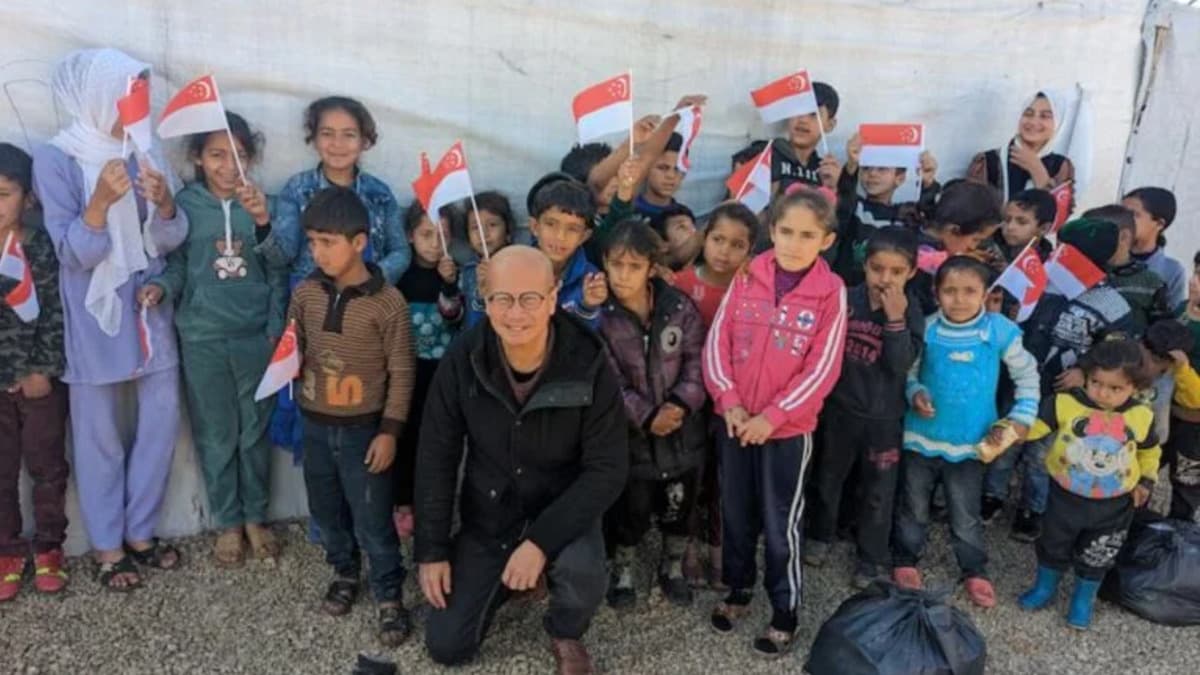
- Singaporean activist Gilbert Goh’s organisation, Love Aid Singapore, has raised over S$5.3 million for Gaza aid, supporting soup kitchens and a new polyclinic.
- His efforts come as Singapore maintains discreet ties with Israel while providing US$22 million in aid to Palestinians.
- Growing domestic pressure urges Singapore to reassess military cooperation with Israel amid the Gaza war.
Singaporean activist Gilbert Goh, founder of the non-governmental organisation Love Aid Singapore, has dedicated his humanitarian efforts to supporting displaced children, inspired by his own upbringing as a foster child.
Goh was in Lebanon assisting Palestinian and Syrian refugees when Hamas launched a deadly assault on southern Israel on 7 October 2023, killing around 1,200 people and taking 251 hostages. Israel responded with a large-scale military operation in Gaza, which Palestinian authorities report has since killed more than 55,000 people.
The United Nations estimates that about 90 per cent of schools in Gaza have been damaged or destroyed. Despite these conditions, education initiatives continue. At Bureij refugee camp in central Gaza, school principal Shaker Al-Durra has also become an aid worker, helping to keep learning centres open for 1,600 children.
Love Aid Singapore’s humanitarian role
Initially a “one-man NGO,” Love Aid Singapore has grown rapidly, raising more than S$5.3 million from Singaporean donors to support relief in Gaza. Much of the funding has gone to food and healthcare. Soup kitchens supported by the organisation now operate in northern and southern Gaza.
“Our children are starving,” Al-Durra told the Australian Broadcasting Corporation, speaking through an interpreter.
With at least 94 per cent of Gaza’s hospitals damaged, according to the World Health Organization, Love Aid Singapore also contributed to building a polyclinic in Bureij. The facility treats between 100 and 150 patients daily, with a focus on rehabilitating amputees.
“A lot of Muslims are generous, and they donated to the Palestinian cause,” Goh explained.
Scrutiny of Goh’s work
Goh acknowledged that his aid activities have attracted scrutiny in Singapore, where diplomatic ties with Israel remain sensitive.
“The government is watching us, yeah, very closely,” he said. “I think the government is afraid we are funding terrorism. It’s a very big fear in Singapore.”
Despite this, Goh noted that Singapore’s flag is displayed on aid projects in Gaza, suggesting some degree of official backing.
Singapore-Israel ties
Singapore’s relationship with Israel has long been discreet but significant. Cooperation began in the 1960s, when Israel provided assistance in internal security, policing, and prisons. Israel also influenced Singapore’s healthcare and education systems.
Former foreign minister George Yeo once said the countries shared “a certain kindred spirit.” In 2019, he remarked that Singapore owed Israel a “deep, eternal debt of gratitude.”
Israeli media have described the partnership as a “deep, dark, secret love affair.” Today, Israeli companies are active in Singapore across defence, electronics, pharmaceuticals, and technology.
During the COVID-19 pandemic, police used Israeli-made drones to enforce distancing rules. Israel also participates regularly in the Singapore Airshow, showcasing advanced military technology.
However, these ties face increasing scrutiny. On 24 May 2025, an online petition was launched urging the Singapore government to bar Israeli state-owned arms firms from the 2026 Airshow. By 13 June, more than 3,300 people had signed the appeal, which accused Singapore of serving as a “launchpad for oppression.”
Foreign Minister Vivian Balakrishnan has declined to comment on arms procurement, citing national security.
Singapore’s support for Palestine
Despite its links to Israel, Singapore has consistently supported Palestinian resolutions at the United Nations. In December 2024, it backed a General Assembly call for Israel to end its occupation of Gaza, East Jerusalem, and the West Bank.
Since October 2023, Singapore has pledged more than US$22 million in humanitarian assistance for Gaza.
In May 2025, Prime Minister Lawrence Wong delivered his strongest criticism of Israel to date, calling restrictions on aid “completely unacceptable” and possibly a breach of international law. He urged an immediate ceasefire, the release of hostages, and unhindered humanitarian access.
“Singapore also supports the right of the Palestinian people to their own homeland,” Wong said.
Acting Minister in Charge of Muslim Affairs Dr Faishal Ibrahim went further, echoing former Israeli Prime Minister Ehud Olmert’s claim that Israel was committing war crimes in Gaza. “The suffering of the Palestinian civilians in occupied territories, including children, is unbearable,” he said.
Israel denies committing war crimes, insisting that its military operations are defensive and that efforts are made to minimise civilian casualties.
Providing hope amid crisis
Despite challenges, Goh believes Singapore can play an outsized role in humanitarian relief. “We are small, we are generous, we are very focused. I think we can do wonders in the humanitarian world.”
He said hope is critical for Palestinians enduring devastation. “It brings to them that we are not leaving them… Singaporeans are there for you — we have your back.”
In Gaza, Al-Durra expressed similar hopes. Humanitarian agencies estimate more than 625,000 students have been unable to attend school since the war began.
“We work on humanity’s side. We love peace. I hope that people in Gaza follow their dreams… complete their education,” Al-Durra said. “I hope that Palestinian and Israeli children live in peace.”


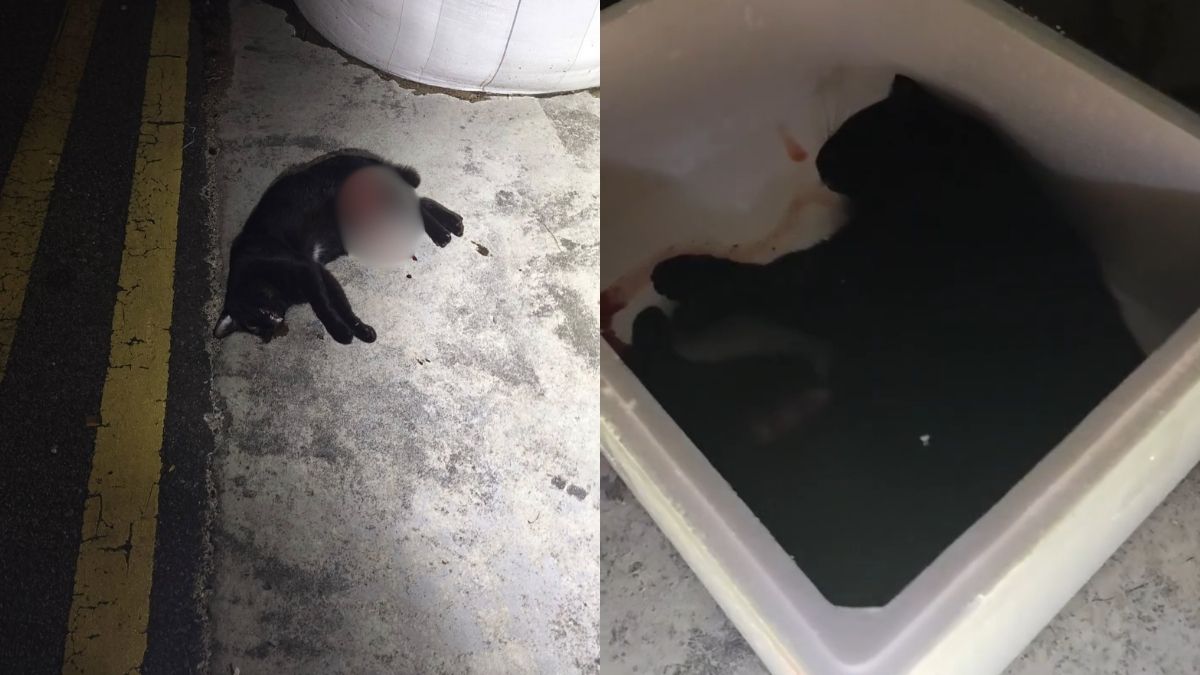
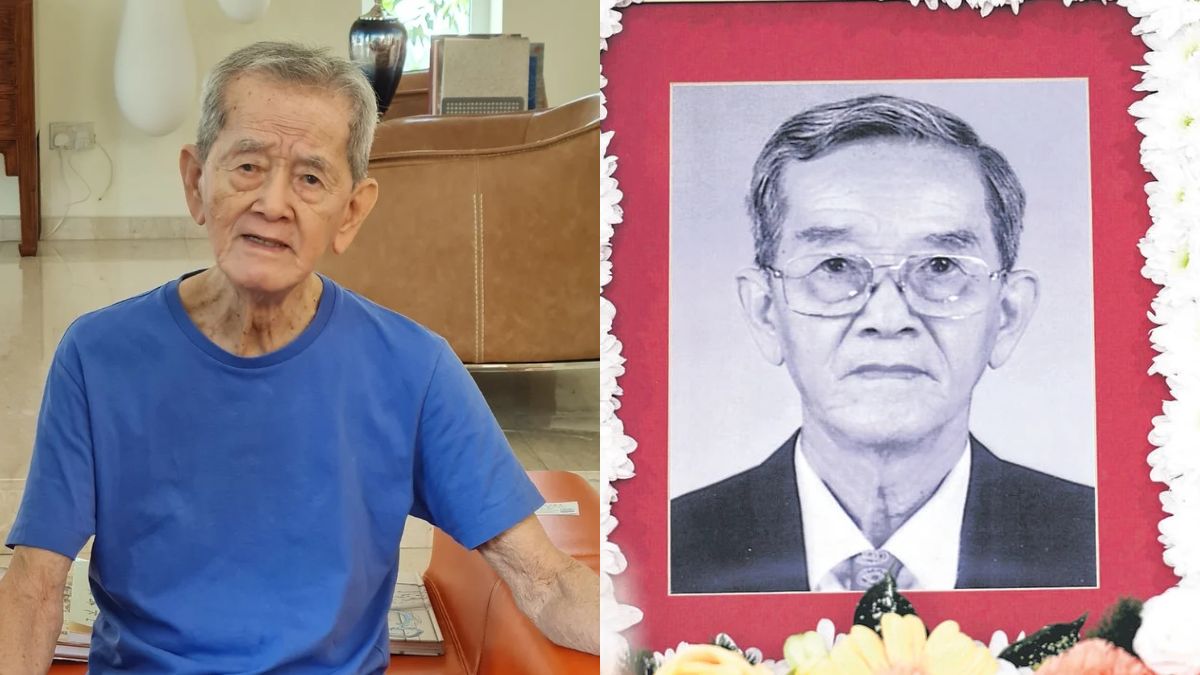
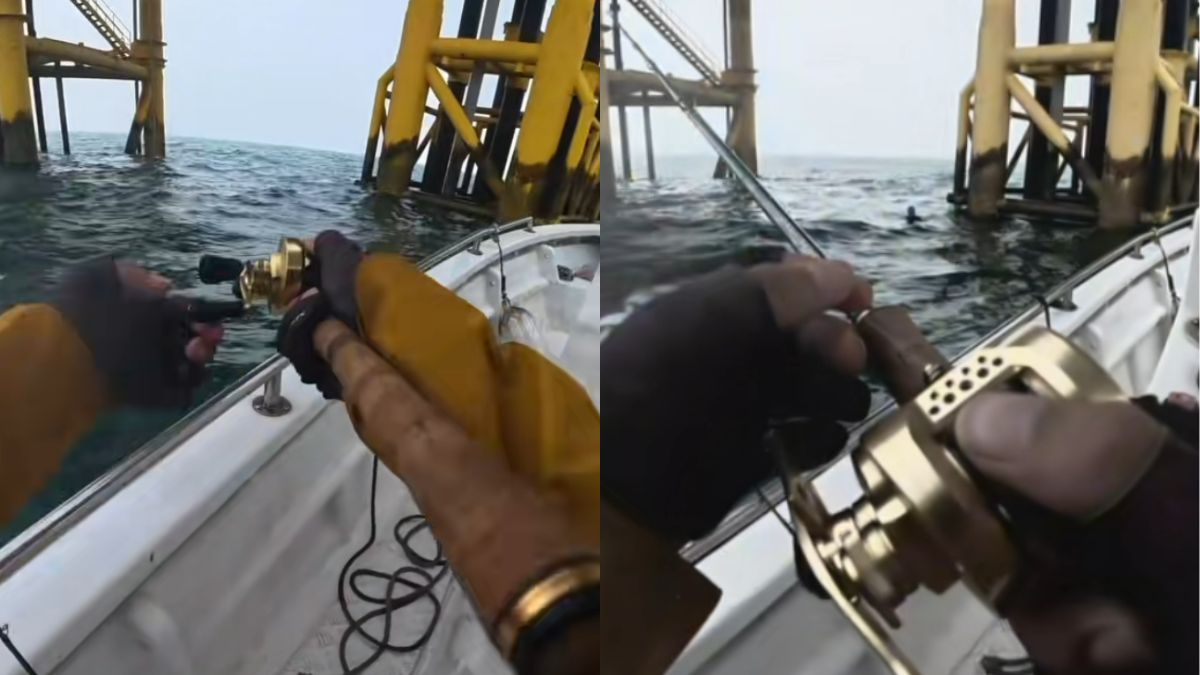
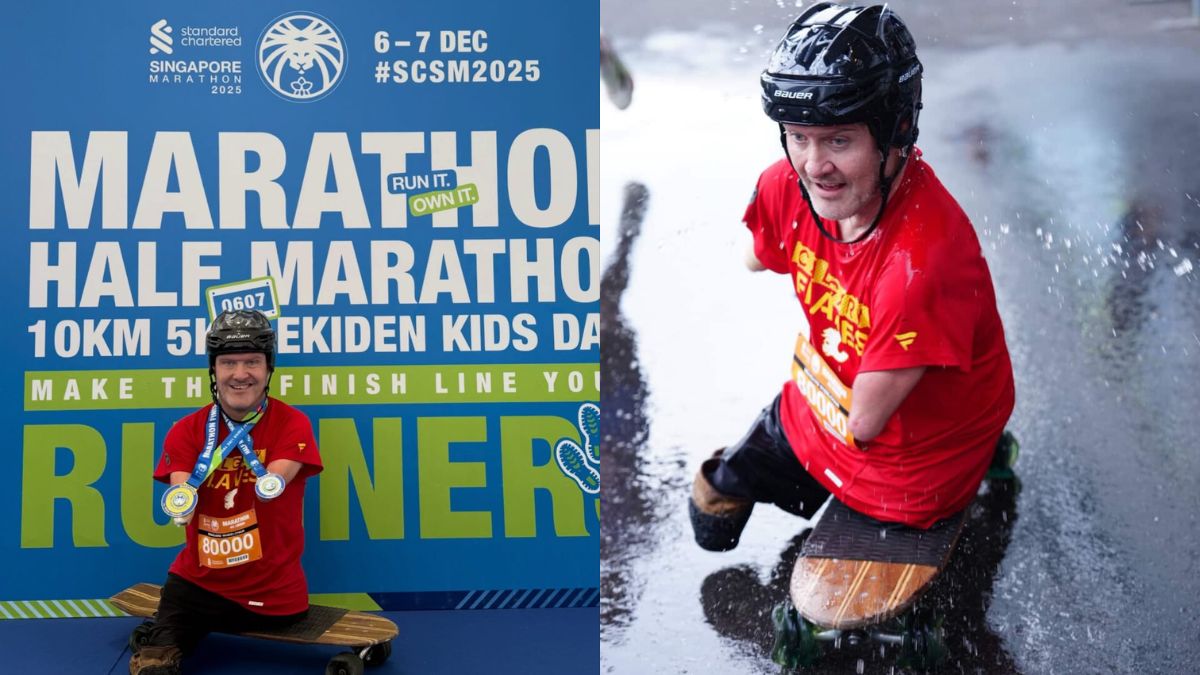
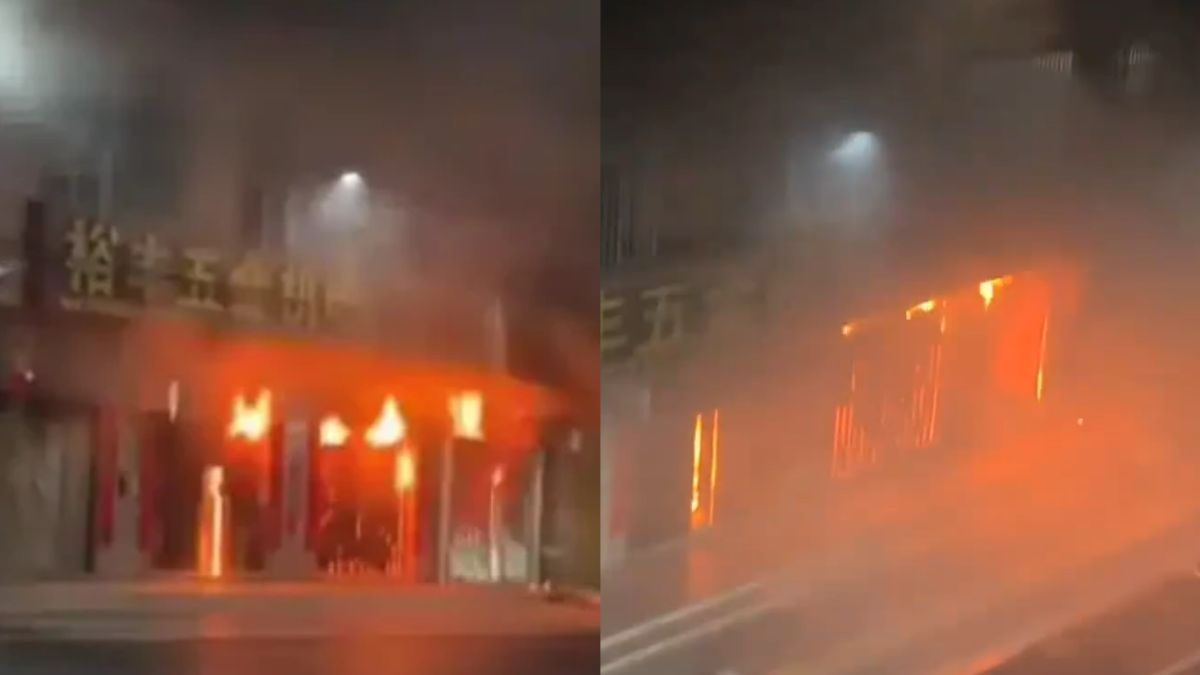

0 Comments